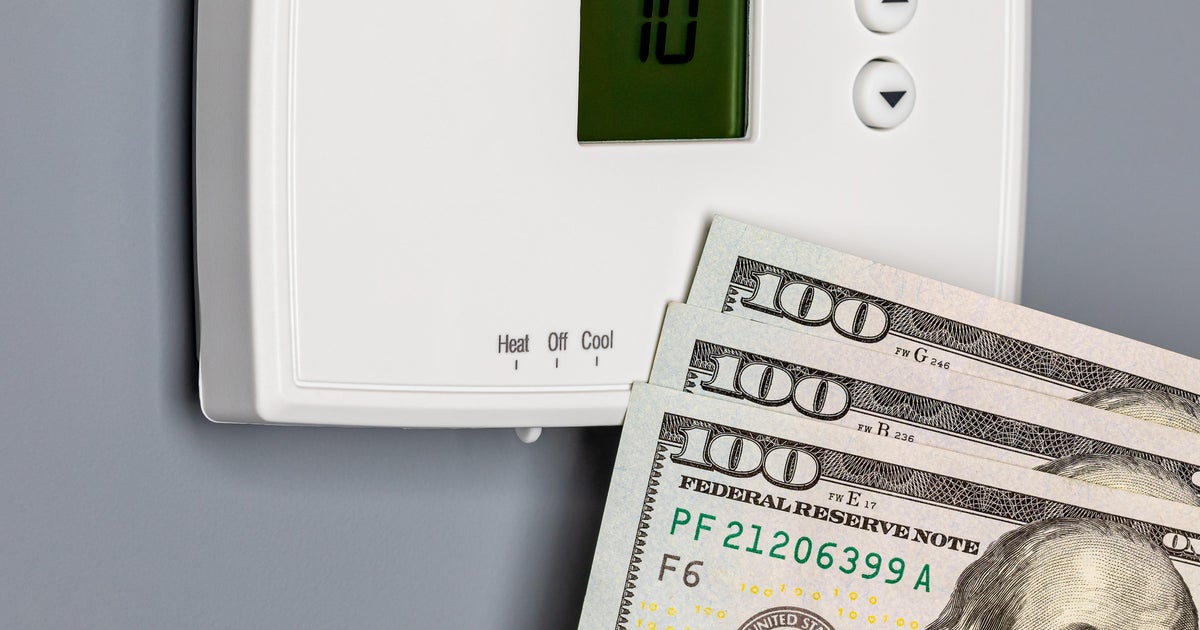
Heating and electric bills set to surge this winter: "There is a lot of pain"
CBSN
Americans are in store for an expensive winter when it comes to paying their heating and electric bills.
The average household will pay about 17% more this winter to heat their property, reaching a 10-year high of about $1,200 per home, according to a forecast from the nonprofit National Energy Assistance Directors Association. Electric bills are also set to rise, with the U.S. residential price of electricity expected to jump about 7.5% from 2021, according to the U.S. Energy Information Administration.
Those forecasts follow a year of already elevated costs for homeowners, and are likely hit low- and middle-income consumers the hardest, Mark Wolfe, executive director of the National Energy Assistance Directors Association, told CBS News. Rising energy costs are linked to Russia's war in Ukraine, which has disrupted natural gas flows to Europe, and a hotter-than-normal summer in the U.S. that caused electric companies to draw down their supplies of natural gas, Wolfe noted.
